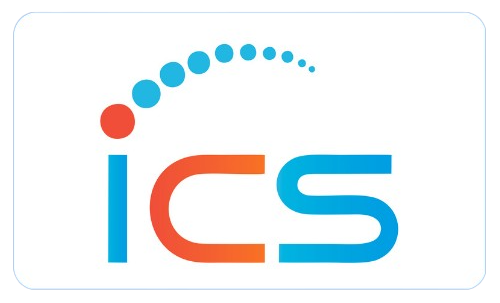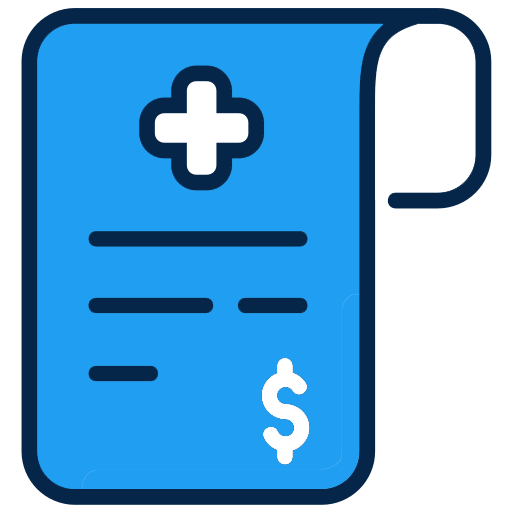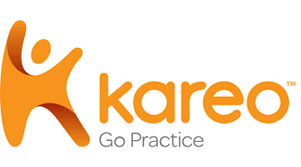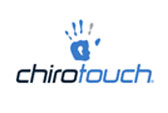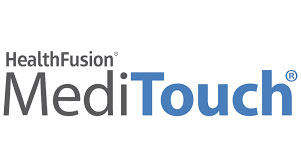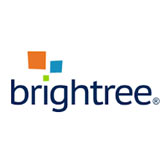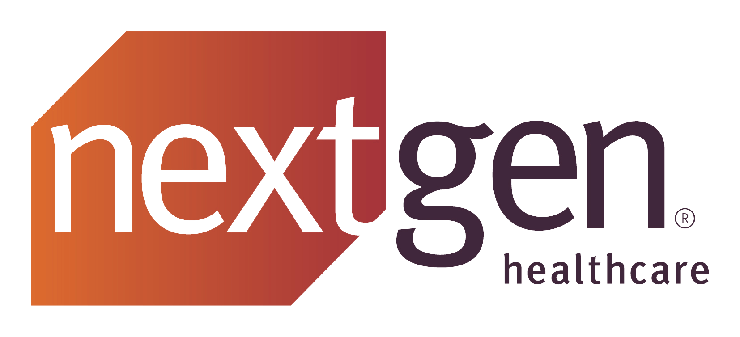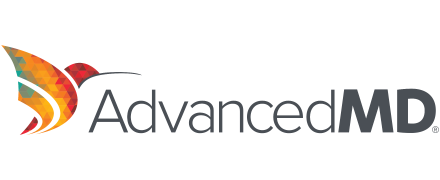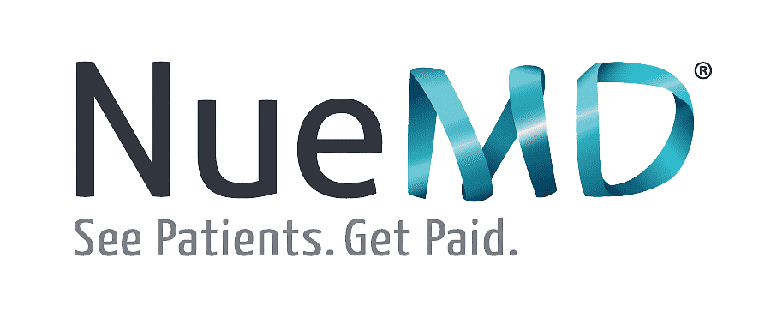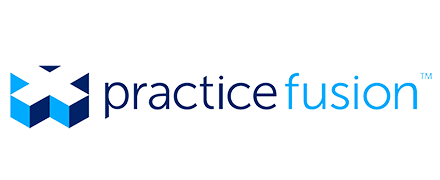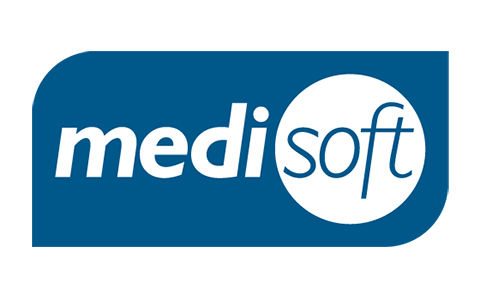In the healthcare industry, maintaining a robust cash flow is the lifeline for success. For Info Hub Consultancy Services (ICS), a medical billing company that specializes in Revenue Cycle Management (RCM) services, the efficient management of revenue is mission-critical. In this blog post, we will delve into the art of “Cash Flow CPR” specifically tailored to ICS and similar businesses, helping them breathe new life into their RCM strategies to ensure financial health and prosperity.
The Vital Role of Revenue Cycle Management in Medical Billing
RCM, or Revenue Cycle Management, is the lifeblood of the medical billing industry. It encompasses all the administrative and clinical functions that contribute to the capture, management, and collection of patient service revenue. For a medical billing company, mastering RCM is the key to ensuring a healthy cash flow, helping medical practices and healthcare institutions get paid accurately and on time.
Challenges Faced by Medical Billing Companies:
The medical billing landscape is fraught with unique challenges. Here are some of the key hurdles that companies must overcome:
- Constantly Changing Regulations: The healthcare industry is notorious for evolving regulations, including coding changes and reimbursement rules. Staying compliant is a constant challenge.
- Revenue Leakage: Overlooking minor billing and coding errors can lead to significant revenue leakage, hurting the company’s profitability.
- Delayed Payments: Slow reimbursement from insurance providers and clients can strain cash flow, making it difficult to maintain operations.
Cash Flow CPR: Strategies Tailored for Success
To rejuvenate the revenue cycle management at ICS, it’s essential to implement strategies that are specifically tailored to the healthcare sector:
- Expert Staff Training: Invest in ongoing training for your staff to ensure they are well-versed in the latest medical billing regulations and coding updates.
- Advanced Billing Software: Utilize state-of-the-art medical billing software that automates processes, reduces errors, and expedites claims processing.
- Billing Transparency: Promote clear and transparent billing practices to build trust with healthcare providers and clients, making it easier for them to understand and pay their bills.
- Compliance Audits: Regularly conduct compliance audits to ensure that you’re following industry regulations, thus minimizing costly errors.
- Revenue Recovery: Implement proactive revenue recovery efforts, including appeals for denied claims and efficient follow-up on unpaid invoices.
- Data Analytics: Leverage data analytics to identify bottlenecks in your revenue cycle, streamline processes, and make informed decisions to optimize the system.
Benefits of Effective RCM for Medical Billing Companies
Mastering RCM offers numerous advantages to medical billing companies:
- Steady Cash Flow: Effective RCM leads to consistent and timely cash flow, providing the financial stability necessary to maintain operations.
- Client Satisfaction: Transparent billing practices and efficient claims processing result in higher client satisfaction, encouraging repeat business.
- Compliance Confidence: Staying compliant with healthcare regulations minimizes the risk of costly penalties, protecting your bottom line.
- Cost Efficiency: Automation and process streamlining reduce operational costs, making your business more efficient.
- Long-Term Financial Health: A well-executed RCM strategy ensures the long-term financial stability of medical billing companies.
Conclusion:
For medical billing companies like Info Hub Consultancy Services (ICS), mastering the art of “Cash Flow CPR” is paramount for long-term success. By implementing the tailored strategies mentioned in this blog post, ICS can revive its revenue cycle management, ensuring a strong financial future. In the ever-changing world of medical billing, an efficient RCM system is the lifeline that keeps companies like ICS thriving while helping healthcare providers receive the compensation they deserve.
